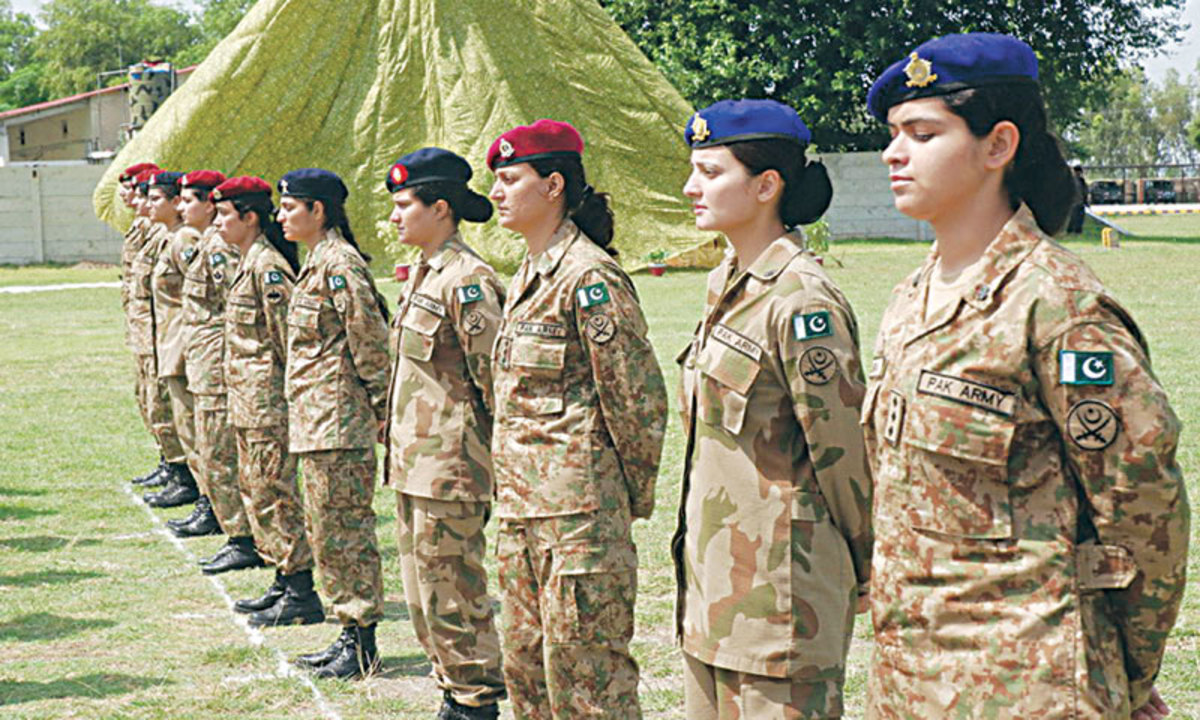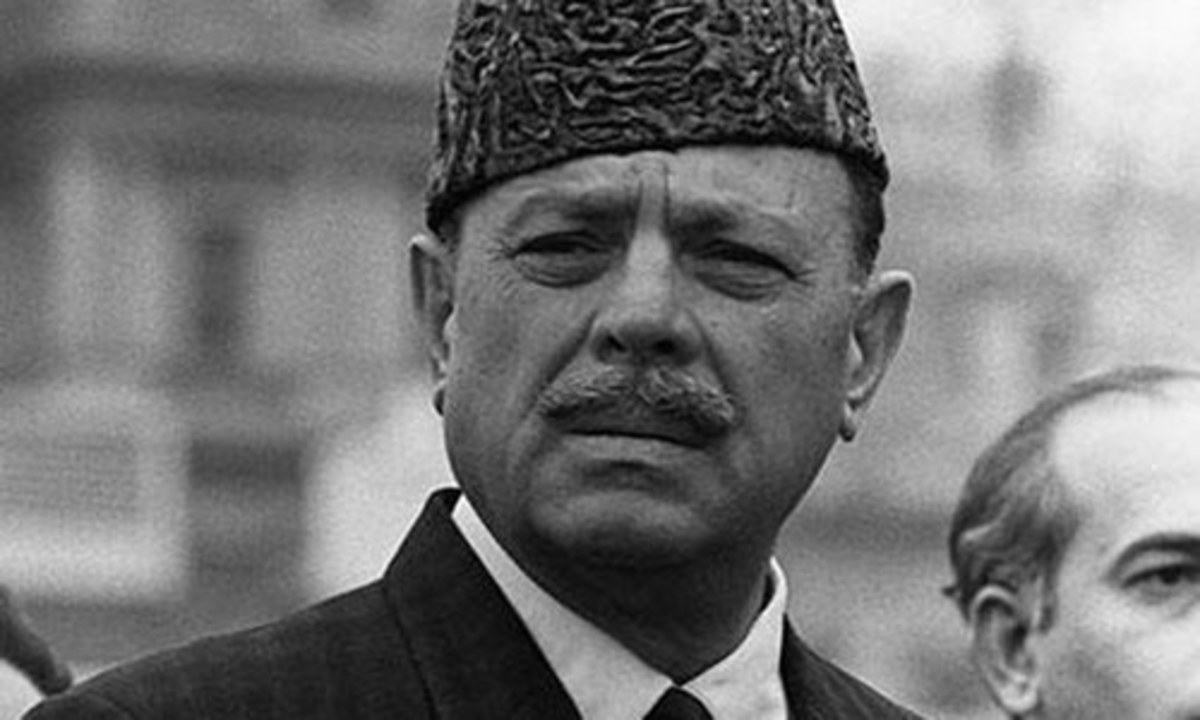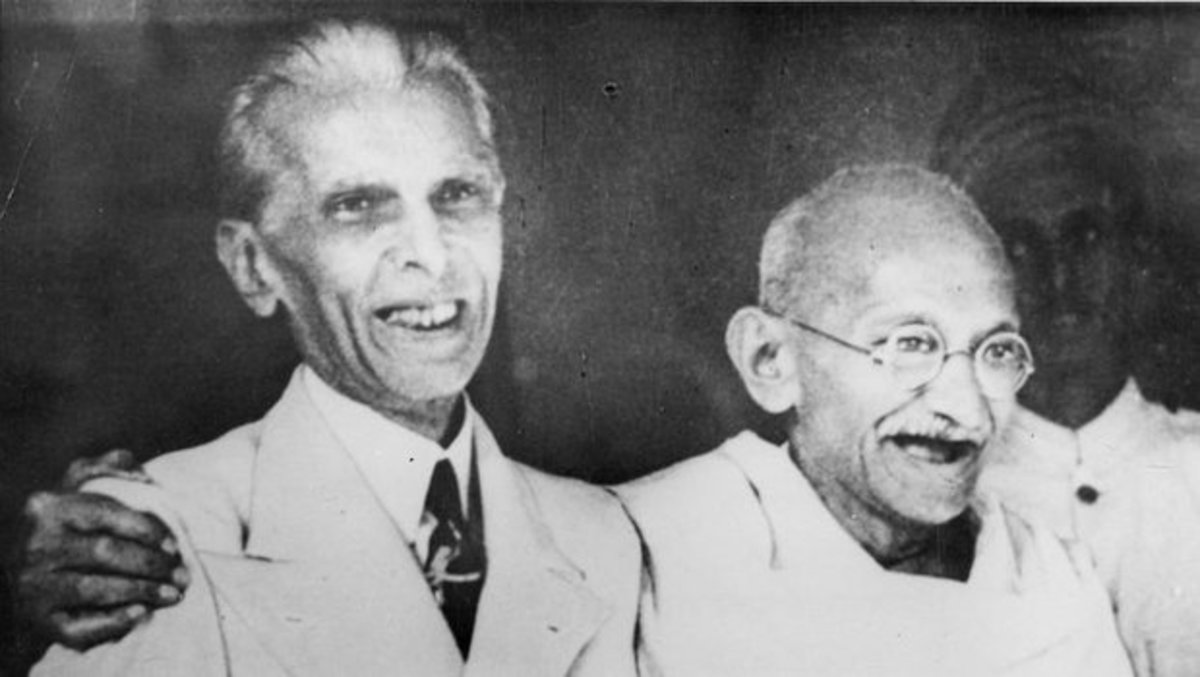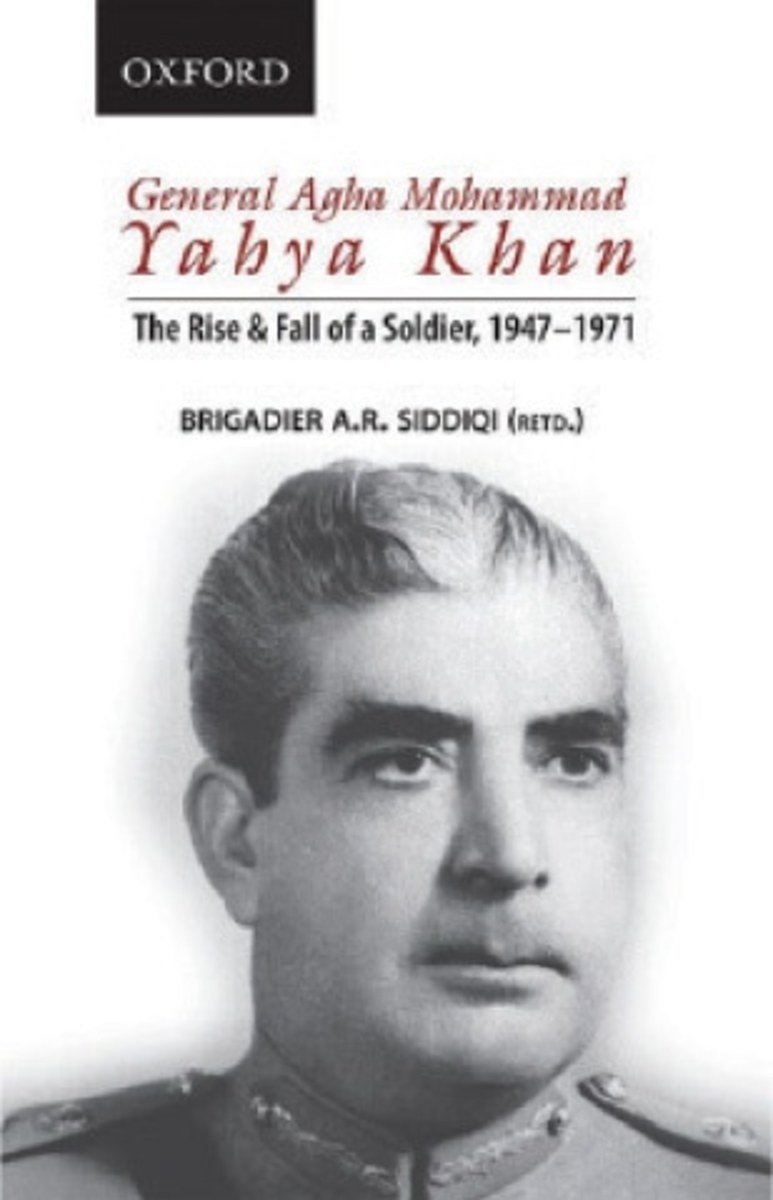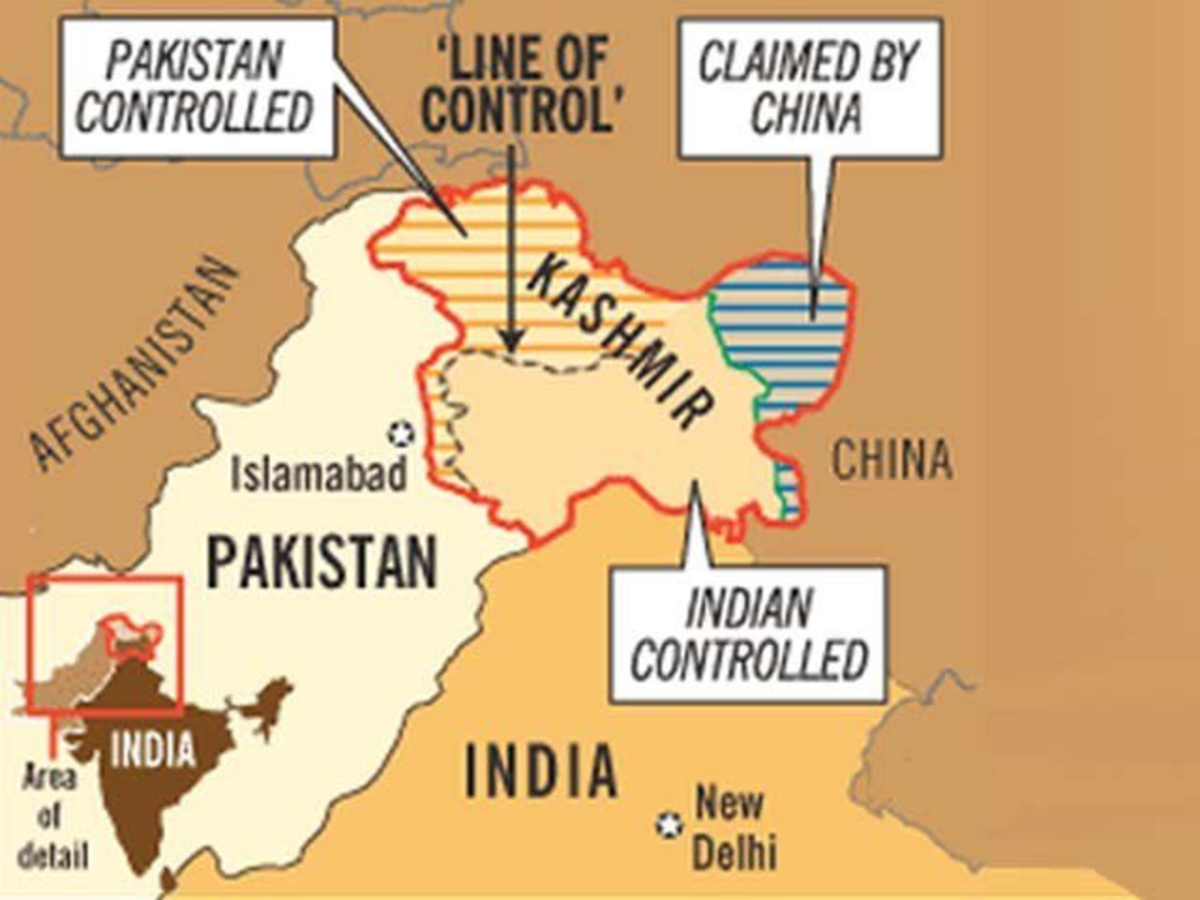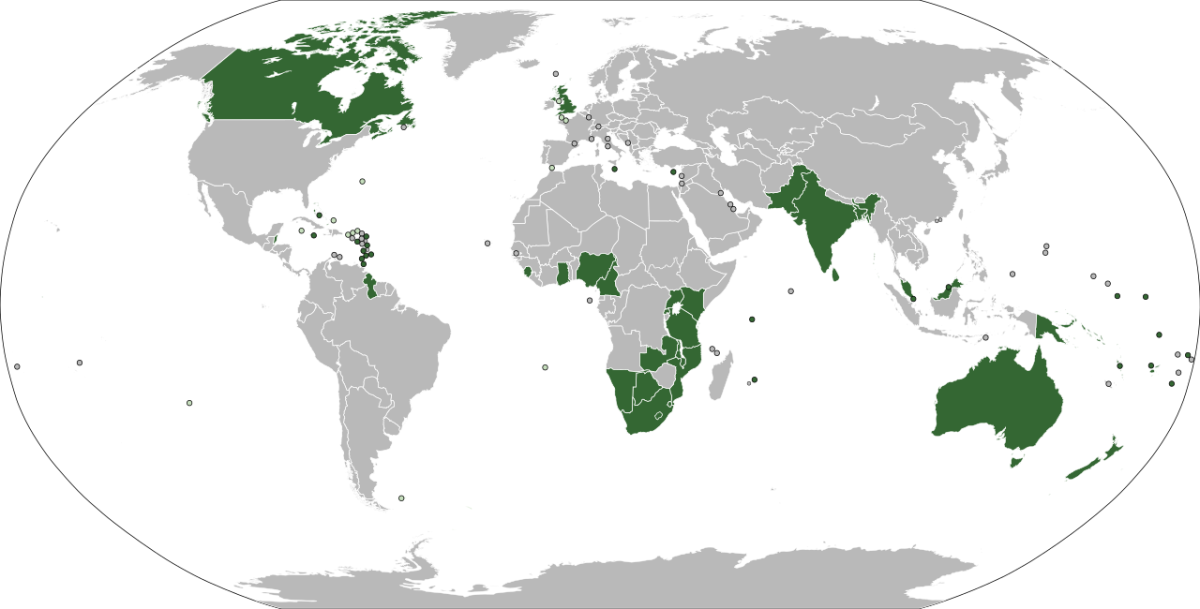History of Kashmir Issue and Human Rights Violations in Occupied Kashmir by Indian forces
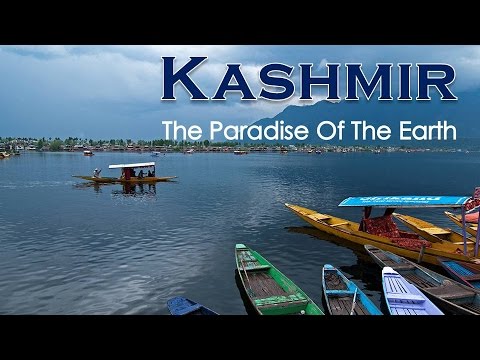
Historical background of the Kashmir Issue
To understand the current situation in Kashmir, it is necessary to know the background of the problem. And to know this background, a deep and impartial view on history is needed. This dispute called the Kashmir issue in short terms, is not just a Kashmir issue. It is a state of Jammu and Kashmir. The areas of Poonch Province, Jammu, Ladakh, Gilgit-Baltistan, and Aksai Chen and people living in these areas are included. The word Kashmir is used for ease, but it covers all the areas. When we say that Kashmir has a five-thousand-year history, it only refers to the Valley of Kashmir. Looking back, we find that Kashmir has been a sovereign state for twenty-five hundred years. The Mughals, Pathans, and Sikhs have occupied the state for almost five hundred years. Today's image which we call the state of Kashmir. There were in 1840 when the Lahore Treaty and Amritsar treaties were signed and its founder was Maharaja Gulab Singh. This area is the subject of debate and what is being called controversial. From 1846 to 1947, these states remained under the rule of Dogra Raj and the British. When the British decided to leave the subcontinent. The serious questions raised by them were the future of about 562 states in the subcontinent.
Five parties were responsible for finding a permanent solution to these states. The Raja Maharaja, British Indian National Congress, All India Muslim League, states and the people of the states. They all had to find a solution to the law of the mill in the light of regular law. The law was made by the British Parliament, under which British India was to be divided into two parts, comprising Pakistan and India. On February 20, 1947, Prime Minister Bastan Headley announced that before June 3, 1947, that had left India. The future of the states in India was to be decided after the transfer of powers. On March 18, Prime Minister Italy wrote to Lord Mountbatten to transfer the powers of Indian states to the Crown Kingdom. It will be free from all treaties and agreements. Must go with Pakistan or affiliate with India. On June 4, 1947, Lord Mountbatten explained at a press conference on the question of the imperial states, saying that the existing relationship between the UK and the imperial states on 15 August 1947. Britain's limited sovereignty will cease and the state will be free to choose whether to join either of the two countries or remain independent. The law passed by the British Parliament is part of Article 7 of the Freedom of India Act. Subdivision 1B clearly states that the UK's limited order of Crown Britain on the 15th of August The queen ends. On August 15, most of the states joined India or Pakistan. But some states did not make any decisions or decided to remain independent. Among them, the states Hyderabad, Jonah Garh, and Jammu and Kashmir were prominent.
What has happened to these states going forward is their own thrilling and heartbreaking stories. The day of August 15 has come and the crown has come to an end with limited rule over the Indian states of Britain. Singh did not affiliate with either of the two independent countries. And, regardless of the status of the state, he offered a standing steel agreement to both Pakistan and India. Pakistan signed the agreement immediately. India did not respond to the offer, so the Maharaja started operating as an independent state in the administration of the state. Meanwhile, the riots broke out due to division in the subcontinent. And the blood had worsened. Its effects began to reach Jammu and Kashmir. Kashmir gradually began to deteriorate, which would eventually lead to revolt and regular war. In response to the Maharaja's request to send troops from India. Lord Mountbatten conditioned annexation to India and also promised that the affiliation would be temporary. In this case, the situation will come back to normal. In this case, the decision will be made by knowing the will of the people of the state. Therefore, the Maharaja has signed an affiliate document. The agreement which the Maharaja signed was conditional on India.
The important and basic condition was that only the state would have the right to legislate on all matters other than foreign, defense and communication. Without the will of the Maharaja, no law will be made about the state and the Indian Constitution will not be fully applied to the state. Thus, under this document, the state was added to the Indian Union by special status, a special failure. This special status was protected under Article 370 of the Indian Constitution. Under this section, the rights of citizenship and special privileges of the citizens of the state were protected.
Thus, under the historic treaties and documents and special constitutional arrangements, the State of Jammu and Kashmir was incorporated within the Indian Union with special property. All this historic and constitutional arrangement was suddenly issued this year on August 5 and 6. Terminated under My orders were formally obtained from both the houses of the Indian Parliament. This is a long history in the backdrop of intense protests and anger expressed in Indian-occupied Kashmir and Azad Kashmir against the process. Numerous promises are historical documents and treaties are constitutional and legal history. In the presence of all these things, the Kashmiris reasonably expected that they would be taken into confidence for any slight change in the whole arrangement. But regrettably, both their history and geography were changed by the declaration without giving any information to them here. It was a big announcement which caused tremendous surprise and shock to the people of Kashmir. Leaving the trauma of this tragedy, they have begun a protest against the serious situation occurs over their rights.
The process of Indian government has revealed the profound reality that it will take a long time for the world to become fully civilized if a country like India, which has a solid democracy for 70 years and which is the largest in the world. What is called democracy, if such an undemocratic step can be taken on the part of the majority, it can be anything in the world? This is a scary thing and a momentary thought for the world's democracies.
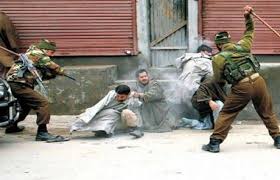
Current Situation Kashmir is injured and crippled
human rights are being violated in occupied Kashmir. Kashmiris are facing problems due to lockdown. India is changing the proportion of the population in occupied Kashmir. This process is also in violation of international norms and UN Security Council resolutions. The illegal and aggressive policy in occupied Kashmir is a serious humanitarian crisis. Modi's government is committed to the ideology of racism, which threatens the peace of the region. On the occasion, we have to raise voice for the oppressed Kashmiris on every forum. India was aggressively oppressing Kashmiris without appearing to cause human tragedy. India has unveiled its aggressive move. India has abolished the special status of occupied Kashmir. India is pursuing the Kashmiri has been detained continuously from curfew to food and medicines. At this time, the entire Pakistani nation stands with the Kashmiri brothers. Kashmir is injured and crippled. The valley, medicine, and other necessities have created a severe shortage of life. pakistan will continue to provide moral support to the brothers and sisters of Kashmir and their struggle for independence was raised on every forum and will continue to play its role in giving Kashmir's Muslims their legitimate rights.

